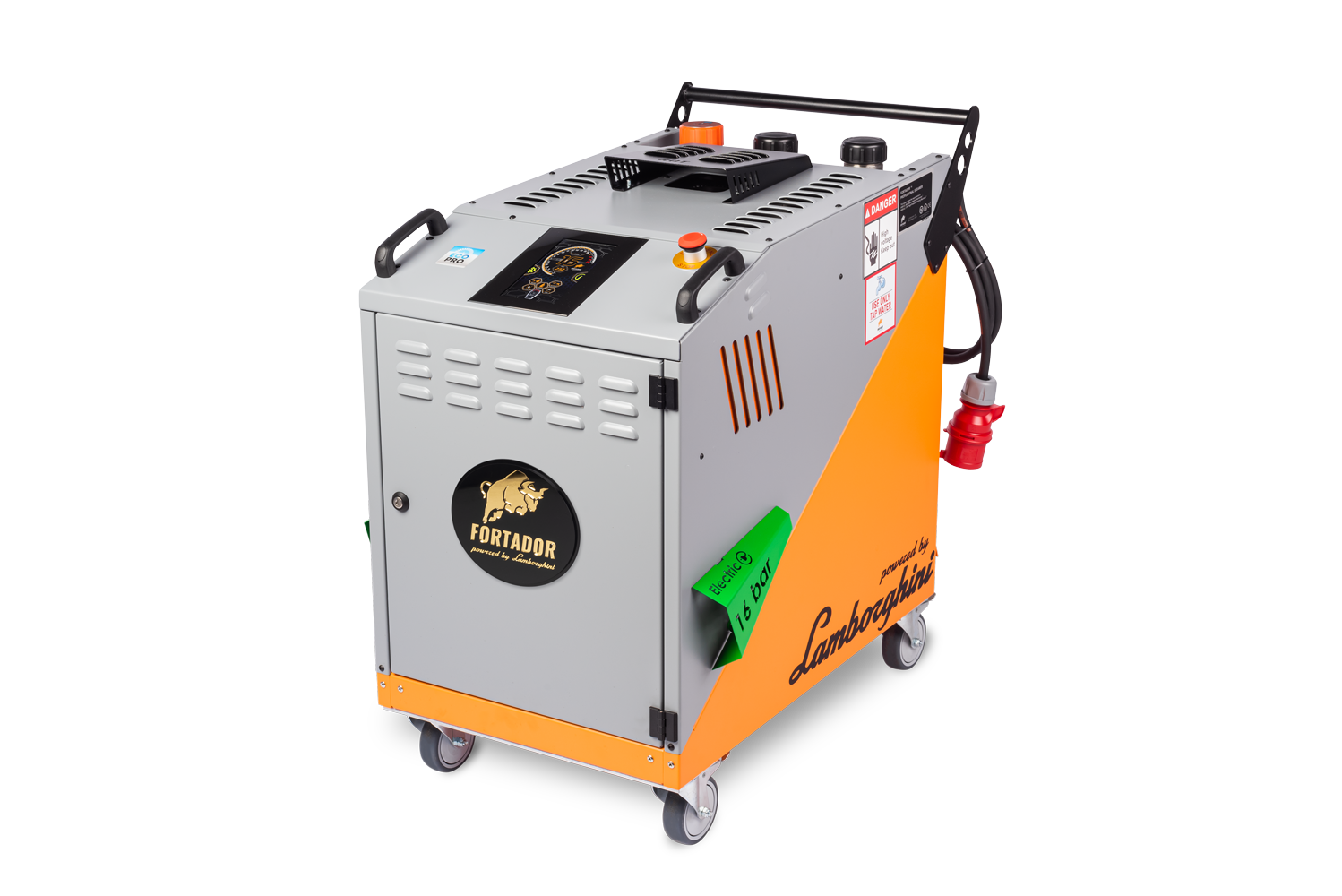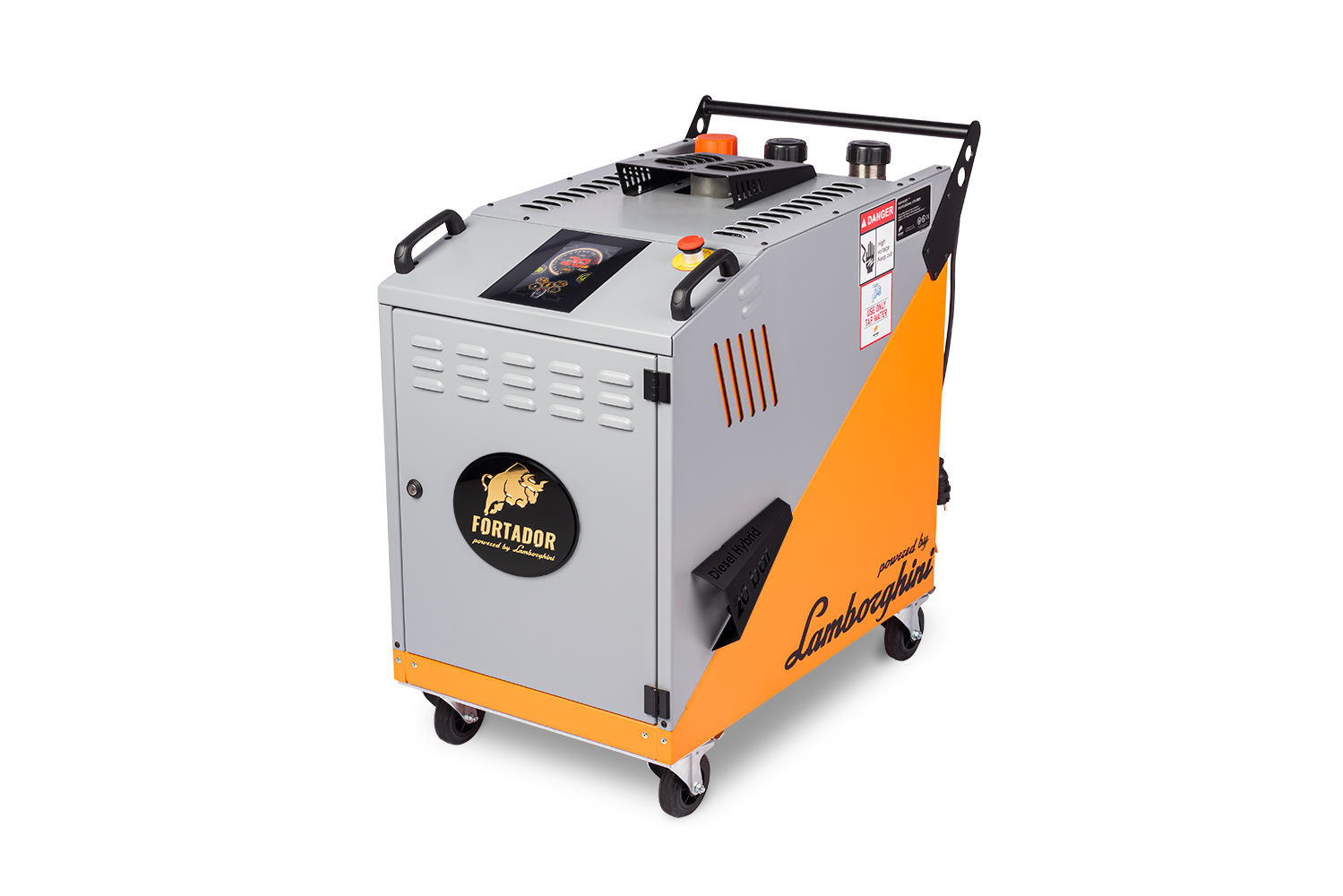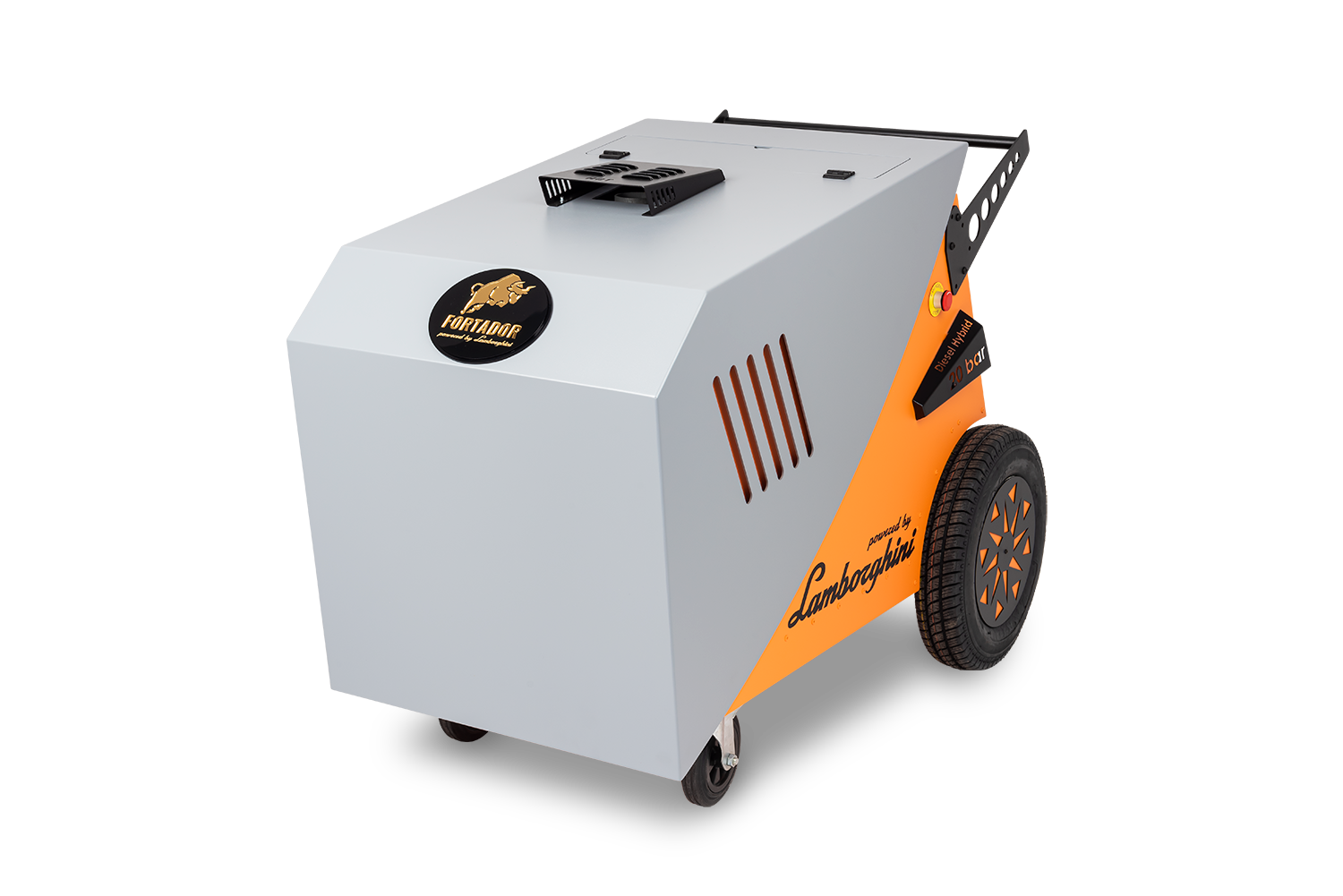Reducing Carbon Footprint with Fortador Powered by Lamborghini Steam Cleaners
As environmental concerns grow, industries are seeking innovative ways to reduce their carbon footprints. One such innovation is the Fortador steam cleaner, powered by Lamborghini. These steam cleaners offer a sustainable and efficient alternative to traditional cleaning methods, helping to significantly reduce carbon emissions and promote eco-friendly practices.
Understanding the Carbon Footprint of Traditional Cleaning Methods
Traditional cleaning methods, particularly those used in car washes and industrial cleaning, contribute significantly to carbon emissions. These methods often involve:
- High Water Usage: Conventional car washes can use between 40 to 70 gallons of water per vehicle. The energy required to pump, heat, and treat this water adds to the carbon footprint.
- Chemical Usage: Many cleaning processes rely on harsh chemicals that require energy-intensive manufacturing processes. Additionally, these chemicals often release volatile organic compounds (VOCs) into the atmosphere, contributing to air pollution.
- Energy Consumption: Traditional cleaning equipment, such as pressure washers, typically consumes large amounts of electricity or fossil fuels.
Fortador Steam Cleaners: A Sustainable Alternative
Fortador steam cleaners, powered by Lamborghini, offer a greener solution. Here’s how they help reduce the carbon footprint:
- Minimal Water Usage: Fortador steam cleaners use as little as one gallon of water per car wash. This significant reduction in water consumption not only conserves a vital resource but also reduces the energy required for water processing and treatment.
- Chemical-Free Cleaning: Steam cleaning eliminates the need for harsh chemicals. The high-temperature steam effectively lifts dirt and grime without the need for detergents, reducing the carbon emissions associated with chemical production and transportation.
- Energy Efficiency: Fortador steam cleaners are designed to maximize energy efficiency. They heat water to produce steam using less energy compared to traditional methods. The efficient use of energy translates to lower carbon emissions during operation.
- Reduced Wastewater: The minimal water use in steam cleaning generates significantly less wastewater. This reduces the burden on sewage systems and the energy required for wastewater treatment, further cutting down carbon emissions.
Technological Innovation for Environmental Impact
Fortador’s partnership with Lamborghini brings advanced engineering to the forefront of steam cleaning technology. The innovative design and high performance of these steam cleaners contribute to their eco-friendly benefits:
- High-Performance Boilers: The Lamborghini-powered boilers in Fortador steam cleaners heat water rapidly and maintain consistent steam pressure, ensuring efficient cleaning with minimal energy use.
- Multi-Purpose Functionality: Fortador steam cleaners are versatile, capable of cleaning vehicle exteriors, interiors, and even engines. This multi-purpose functionality reduces the need for multiple cleaning devices, thereby conserving energy and resources.
Broader Environmental Benefits
The adoption of Fortador steam cleaners can have a wide-reaching impact on environmental sustainability:
- Commercial Adoption: Businesses that switch to steam cleaning can significantly reduce their operational carbon footprint. This is particularly impactful in industries like automotive, hospitality, and healthcare, where cleanliness is paramount.
- Consumer Awareness: Eco-conscious consumers are increasingly seeking out businesses that prioritize sustainability. Using Fortador steam cleaners can enhance a company's green credentials, attracting environmentally-minded customers.
Conclusion
The transition to Fortador powered by Lamborghini steam cleaners represents a significant step towards reducing the carbon footprint associated with cleaning practices. By conserving water, eliminating chemical use, and maximizing energy efficiency, these steam cleaners offer a powerful tool for promoting sustainability. As industries and consumers alike strive to reduce their environmental impact, adopting such innovative technologies is crucial for building a greener future.


















